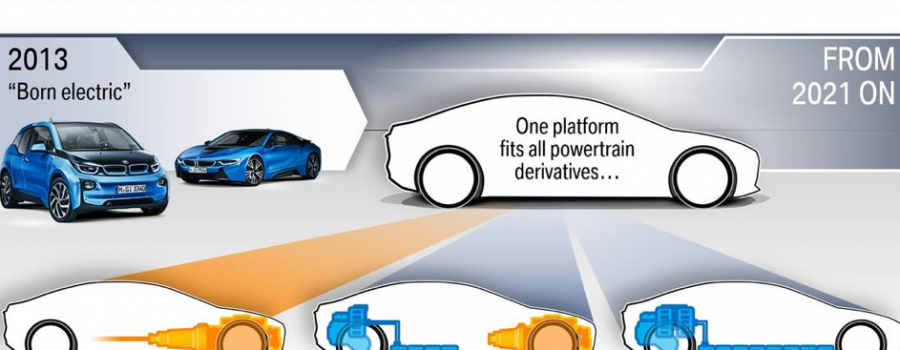Tesla wasn’t the first company to launch an electric car, but Tesla has easily become the most popular brand of electric vehicles and is the one all EVs are benchmarked against; but are fully electric vehicles the best way to go for manufacturers or car owners. There is no right answer to this question depending on one’s needs, as there are limitations and hurdles to owning pure electric cars, such as pricing, availability of charging stations, range anxiety issues, etc. Yes, prices are coming down, charging stations are growing in numbers, and range from batteries is extending, but this doesn’t necessarily mean it’s the best choice for manufactures or owners.
Even manufacturers have to make important and expensive decisions as to which platform to pour money into. Tesla is obviously all in on pure electric vehicles, but not all car companies are following suit so fast. The Silicon Valley-based EV brand (Tesla) is in some serious trouble at the moment, thanks to the absolute production mess that is the Model 3 sinking stock prices and an army of electric vehicles from a number of brands on the horizon – Tesla is more vulnerable than ever. In fact, the brand is hemmorraging money and time. Further hurting Tesla’s stock is the fact that, in addition to cracks forming in its own foundation, it’s no longer the only EV maker in town. It’s having issues just manufacturing one volume product in a limited capacity right now. Imagine if it has to keep up with a volume competitor?
In a recent interview with Bloomberg the BMW CEO talked about the hiccups Tesla encountered on the road to mass production and even offered some insight into what went wrong. After all, BMW makes more cars in two weeks than Tesla managed over the course of the whole last year.
“For us, creating that flexibility is the most efficient way to profitably offer electric cars. We don’t know exactly how demand for electric cars will develop, so flexibility is crucial. The future market demand for electric cars isn’t’ an exact science,” he added, showing why BMW is definitely taking its time with EVs, as there are plenty of sides the wider audience doesn’t know about.
Developing the manufacturing facilities and platforms to mass produce electric cars is incredibly expensive. BMW is able to make a couple of low-volume EVs, such as the BMW i3 and i8, without too much cost but making them on a large scale is far more expensive. And, at the moment at least, it’s just not profitable enough to develop such manufacturing capabilities. So BMW is going to wait until the profitability is up before it gets started.
“The fifth generation of storage and battery technology will make e-mobility attractive for longer distances,” Ian Robertson, outgoing member of BMW’s board of management, told reporters at a briefing in Munich. “Thanks to the scalable electric modular systems, from the beginning of the next decade, it will be possible to fit all model series with any drivetrain, according to demand.”
It’s a departure from BMW’s previous approach to electric vehicles, typified by the i3 EV and i8 hybrid, which were developed around costly, dedicated platforms. Since future demand for electric vehicles is hard to predict – and partly depends on government decisions about infrastructure, regulations and incentives – the modular approach means BMW can adapt to whatever demand may be.
 From 2021 onwards it’ll no longer be about seeing plug-in hybrids and full EVs as different and exotic. Whichever BMW you fancy – be it a 3 Series saloon, X5 or 6 Series Coupe, eventually you’ll have the choice to go full electric, a half-way house plug-in or stick with good old fossil fuels. That’s how you bring costs down, that’s how you bring EVs kicking and screaming into mass production and that’s how you give the customer exactly what they want.
From 2021 onwards it’ll no longer be about seeing plug-in hybrids and full EVs as different and exotic. Whichever BMW you fancy – be it a 3 Series saloon, X5 or 6 Series Coupe, eventually you’ll have the choice to go full electric, a half-way house plug-in or stick with good old fossil fuels. That’s how you bring costs down, that’s how you bring EVs kicking and screaming into mass production and that’s how you give the customer exactly what they want.
We believe that BMW’s strategy is a brilliant one, which aims to keep costs down between the various platforms (EV, Plug-in hybrid, & combustion) and play it safe while it becomes clearer what the market and consumers demands will be moving forward. In this regard they and other companies that incorporate a similar strategy, will have option the likes of which Tesla will not. Interesting times ahead for the automotive world, that’s for sure.


Leave a Reply
Your email is safe with us.